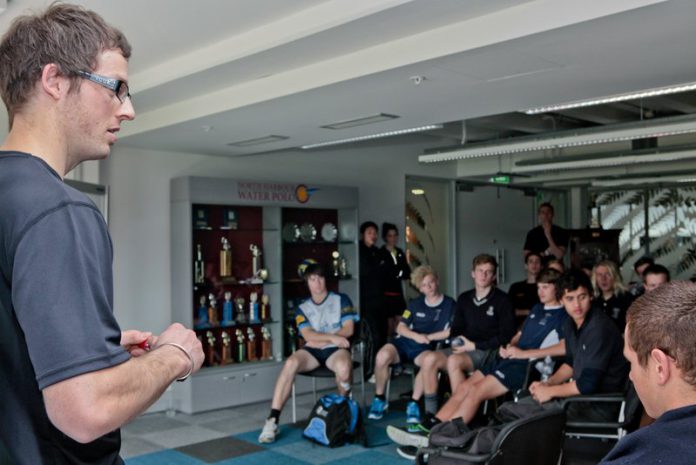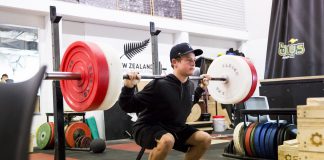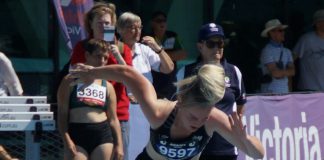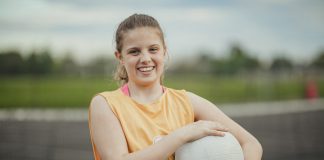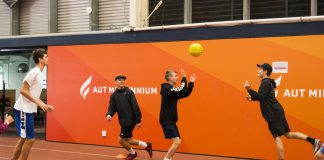Michael Halliday is a Head Coach at AD and the Lead Coach at the AUT University Akoranga Campus on the North Shore. He is completing his Masters in Sports Science at AUT University and in 2013 joined the New Zealand Young Football Ferns as their Strength and Conditioning Coach. The role has seen him working closely with the team and taken him overseas to tournaments and recently a World Cup in Costa Rica
We caught up with Mikey to talk to him about his role as a Sport Scientist, how he has been preparing the U-17 New Zealand Women’s team for the World Cup and how this has helped him develop as an Athlete Development Coach.
Why do teams need a sport scientist?
Sport Science covers a lot of areas that all help in the development of high performance athletes. Some of the jobs include nutrition, recovery, hydration, biomechanics, strength development, speed development and of course fitness. As an overall rule we work on maintaining the physiological body and work closely with the physiotherapist and doctor to maintain player health and fitness.
In Costa Rica my main jobs were monitoring and ensuring players were hydrated, nutritional standards were kept and most importantly making sure the players recovered in time for the next game. These are quite often little things but can make a huge difference on game day. For example, a decrease in hydration by 2% can cause a significant drop in performance. In a place with a warm and humid climate ensuring the players drank enough water and electrolyte drink was vital.
What have you been doing with the girls to prepare them for the World Cup?
I have been with the team since July 2013. Over the course of the 8 months I have been prescribing strength and fitness sessions to be done as a team at training sessions and outside in their own time. The main focus has been developing proper movement competencies in terms of patterns, running style and agility.
At trainings sessions I monitored intensity levels using an RPE scale to make sure we were working at the right intensity. Over the course of the 8 months we had performance testing to see if the girls were progressing in the right areas and to make sure that the exercise prescription was correct.
One of the main aspects of working with young athletes is the education side. Developing athletes is a holistic job, encompassing lots of different things. One of my main roles was to educate the girls on how to think, act and work like an athlete. This involves eating right, understanding what you are eating and why and at what times. Education about rest and sleeping is extremely important as that is where a lot of our growth happens. Finally, how to think like an athlete. Mental strength is important so I had the chance to introduce the players to some basic concepts of resilience and how important the mind is when it comes to international sport.
What do the girls do now they have finished with the WC?
The girls are returning to their own sporting environments now, so primarily school and club football. In May they will be returning to National environments and begin training in preparation for the U20 World cup in 2 years time. We will be starting a new phase of development and I will be involved in their strength and power development. Some of the girls have been lucky enough the be selected for the current U20s extended squad who have a World Cup in Canada later this year
Have you learnt anything that will benefit you as a coach or the Akoranga Academy?
In a high performance environment you learn the importance of the little details, it’s the little things that can cause a huge difference in the long run. Making sure the exercises are done right, making sure the progressions are planned properly and ensuring the engagement and discipline of the athletes. This starts with us as coaches making sure we do our best but it comes back from the athletes. Are they willing to put in the hard yards, to eat right, to sleep right and to do everything they can to be the best they can be. This is something I am looking to inspire in all Akoranga athletes AND coaches.

























